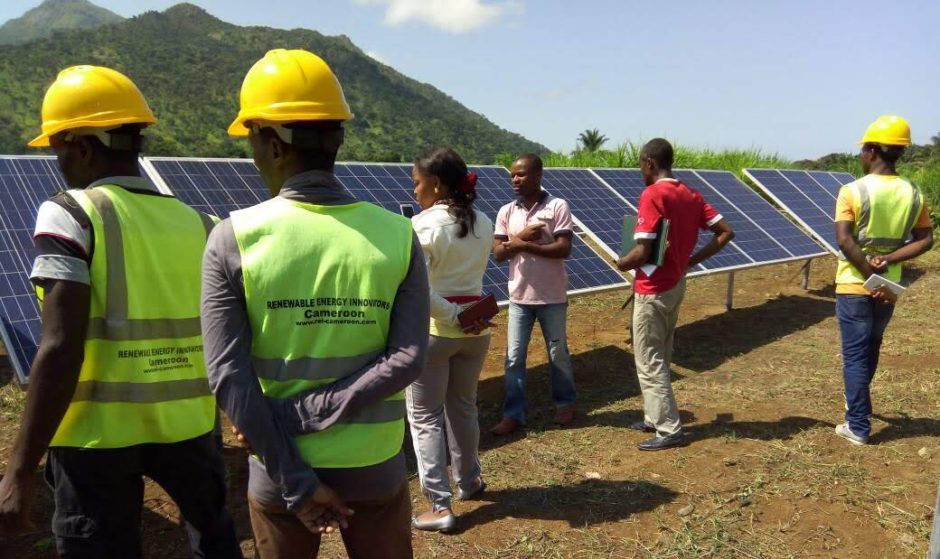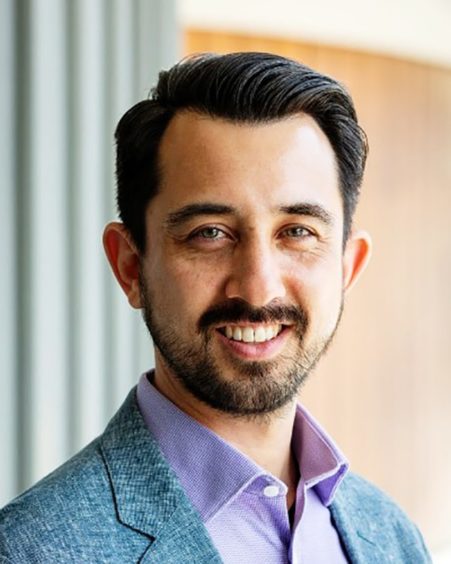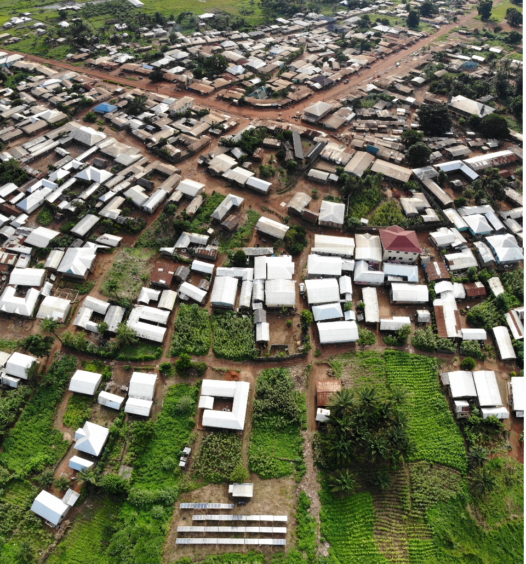
West Africa is fertile ground for minigrid developments but companies must co-operate to broaden energy access successfully.
Demand is outstripping supply. SimpliPhi Power has recently announced a plan to participate in such a project in Cameroon, alongside Renewable Energy Innovators (REI) Cameroon.
California-based SimpliPhi set out an agreement in late March, with support from the US Trade and Development Agency (USTDA).
REI has built seven minigrids and can do so profitably. Working with USTDA will allow the two companies to scale up their aspirations. SimpliPhi gains support for its access plans while REI can provide more systems to more people.
Demand
Under the first part of the plan, REI and SimpliPhi will provide minigrids for up to 134 villages, the US company’s director of sustainable business development Jesse Gerstin told Energy Voice. The next part will see the plan grow to 760 villages, with the aim of reaching this by 2029.
SimpliPhi’s first step is to carry out a study on where those first minigrids should be built. USTDA is providing funds for the feasibility study, under its mission to increase US export potential and grow domestic industry. REI will own and operate the minigrids.
Electrification rates in rural Cameroon are low. What electricity there is tends to come from diesel generators.
The government is focusing its plans to extend the grid on easier to target populations. Rural areas are harder to serve, requiring much more infrastructure spending and helping only a smaller number of people.
“The value proposition for a village is pretty strong. The challenge is keeping up with demand,” said the SimpliPhi director. “Demand for electricity far outstrips what REI can supply.” There is substantial scope for growth, with around 11,000 villages lacking power.
The solar and battery minigrids are cheaper and more reliable than diesel generators, Gerstin said, and operate at a larger scale.
“Battery manufacturing is what we do. We’ve figured that part out,” Gerstin said. The company began by providing batteries for US military needs in remote parts of Afghanistan and Iraq.
“We have the experience in providing solutions that can be deployed, and operate continuously, in tough conditions,” he said. “We’re only able to do this because we have REI as a partner. This is their life, we’re supporting them.”
Regulations
More of a challenge is a lack of predecessors offering minigrids in Cameroon. “There’s not much clarity around regulations,” Gerstin continued. SimpliPhi has a role in both understanding local requirements but also helping local regulators grapple with some of the issues raised by minigrids.
The demand in Cameroon is high and “all situations are go”, Gerstin said. While the government is keen to expand the grid minigrids are able to move more swiftly. “Minigrids are needed to function in the interim.”
That said, part of the design for the minigrids allows a future grid hookup – should that become available.
Another challenge is around raising capital for expansion. “There are a number of funds with a focus on renewables and grant money available. But it’s really about tapping bigger sources, particularly debt. REI has proved this can work and is able to show its financial history.”
SimpliPhi has experience in Nigeria, where the market is several times larger and the minigrid market is more developed. “There are a number of developers in Nigeria who are building minigrids, it’s relatively competitive.”
The regulations in Nigeria are more advanced and SimpliPhi has carried out a number of projects there. “There have been a lot of lessons learned. We would like to see some of that competitiveness in Nigeria take off in Cameroon. Competition ends up with better systems.”
There is also a sense of a bigger purpose for the US company. “SimpliPhi is not just about growth in revenues and customers,” Gerstin said. “If we have a technology solution that is sustainable and better for communities, and the environmental and social perspective, then we should be doing that. We have something to contribute.”
Recommended for you



